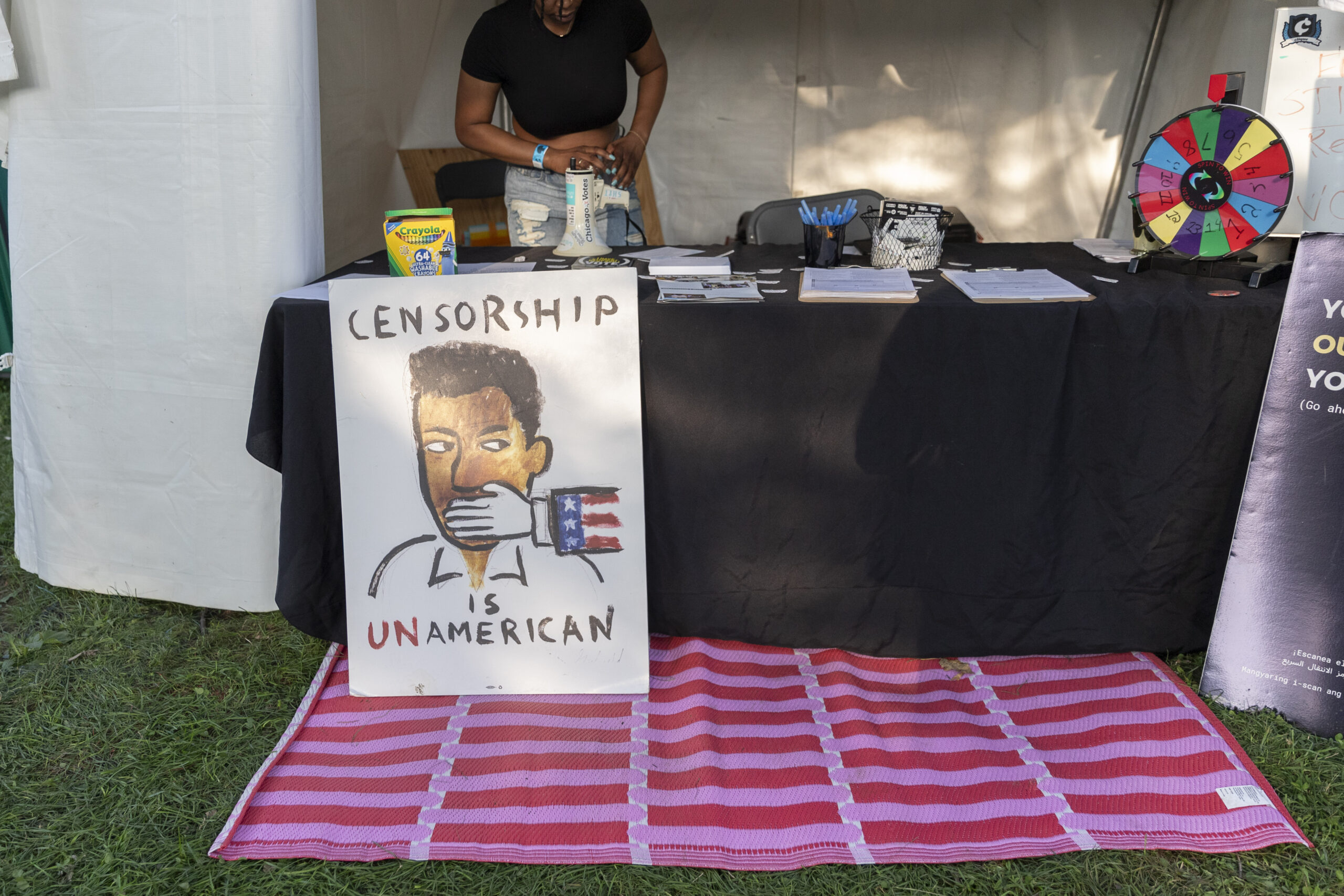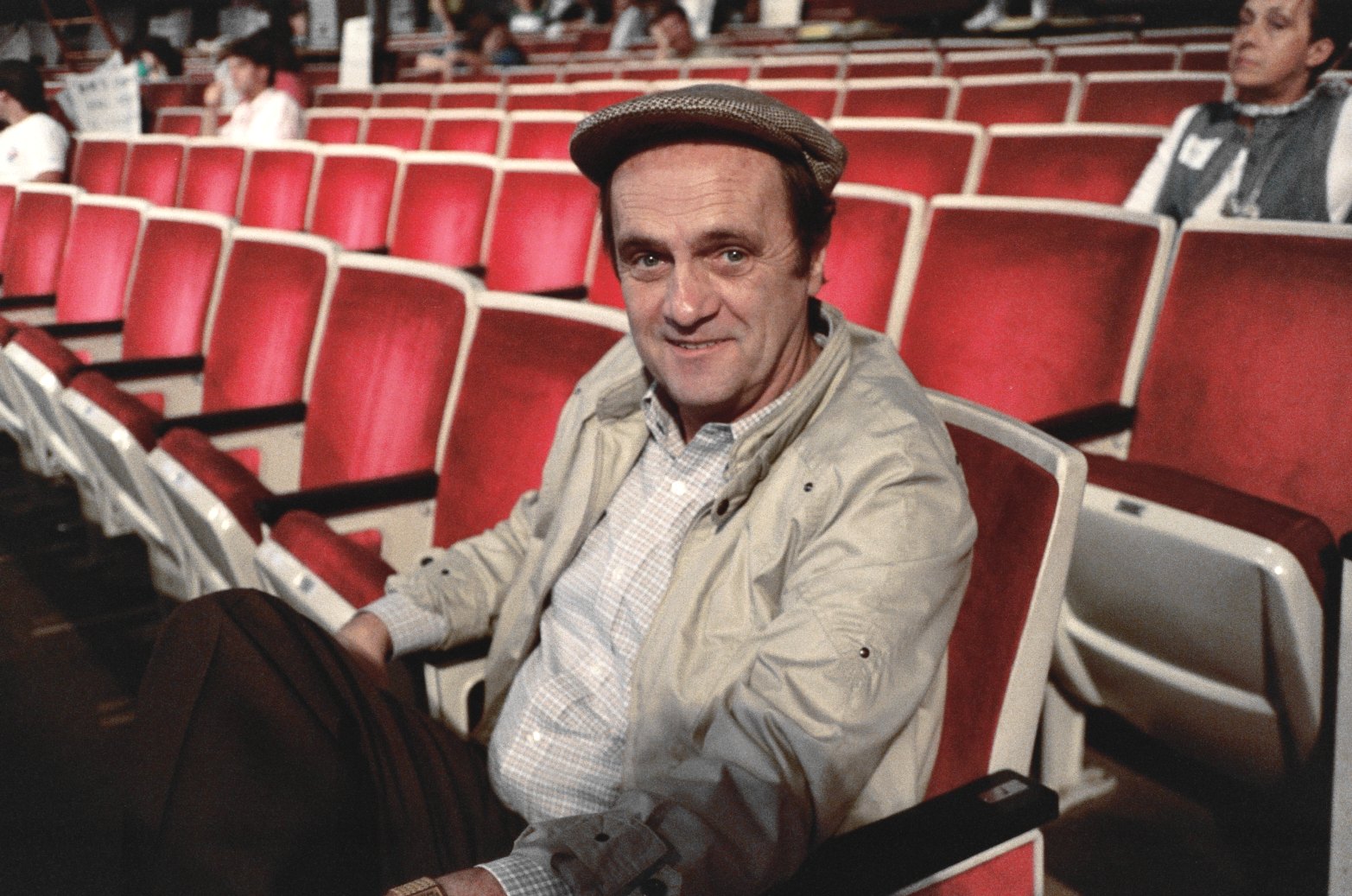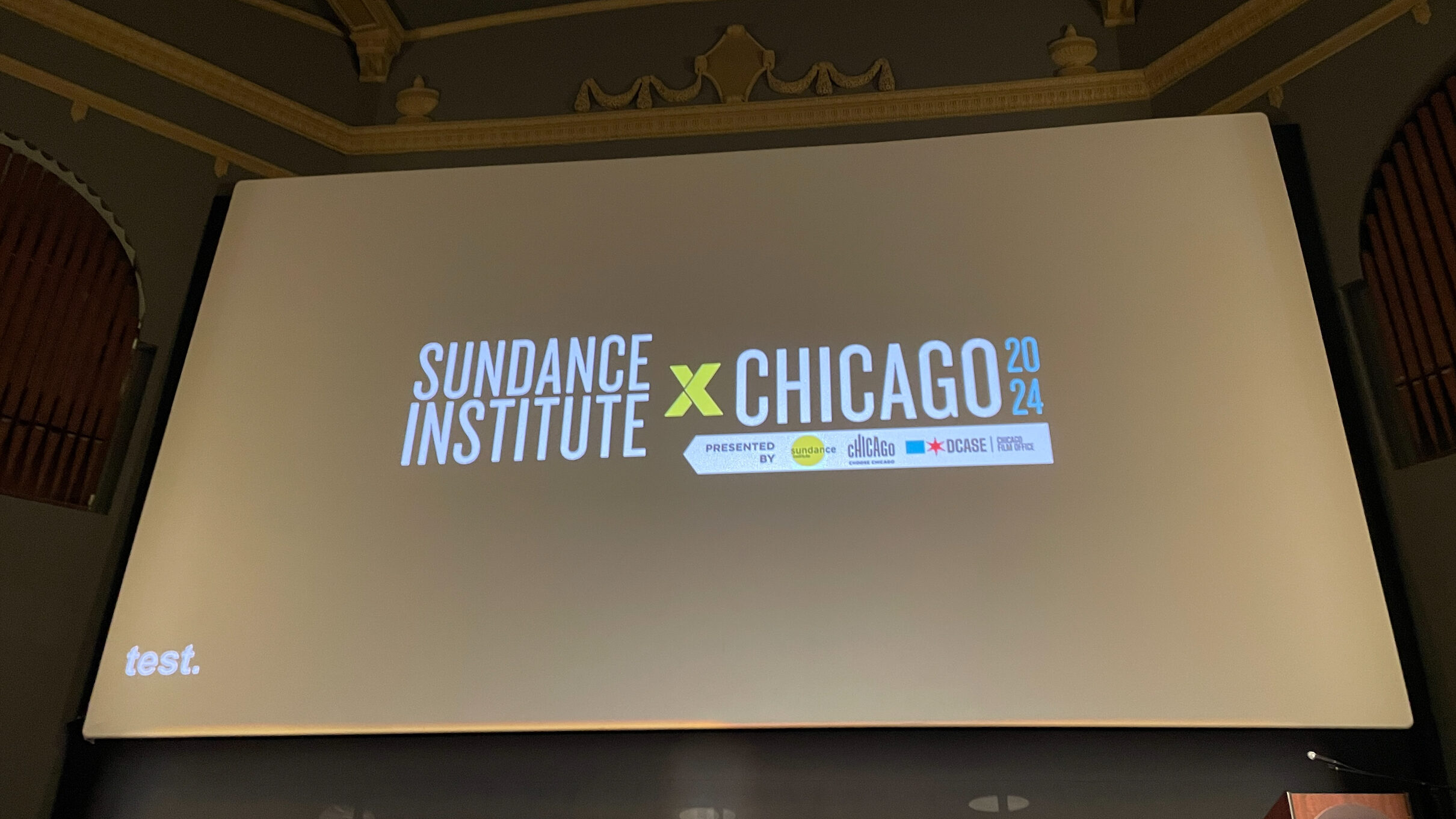Loyola introduced a new interdisciplinary minor in race and ethnicity this fall to help students develop critical skills in analyzing the role race and ethnicity play in a society rooted in hierarchies of power.
Loyola introduced a new interdisciplinary minor in race and ethnicity this fall to help students develop critical skills in analyzing the role race and ethnicity play in a society rooted in hierarchies of power, according to Loyola’s website.
The minor is an initiative by the College of Arts and Sciences and the Institute of Racial Justice to provide students with the opportunity to study race and ethnicity in a scholarly and systematic fashion.
The Institute of Racial Justice was founded in 2021 to generate collaboration between students, faculty and community members to consider solutions for structural racism, dean of the Institute of Racial Justice Malik Henfield wrote in an email to The Phoenix.
“We have a great team,” Henfield wrote. “and my role is to support them by providing resources and removing barriers, allowing them to do their jobs in a supportive environment.”
In pursuit of his goal to provide resources for members of the Institute of Racial Justice, Henfield said he called dean of the College of Arts and Sciences Peter Schraeder to propose the interdisciplinary minor between the two colleges.
“By the end of the call, he endorsed the idea and initiated a working group to develop it further,” Henfield wrote.
Faculty members of the Institute of Racial Justice, including Dr. Christian Paredes, took on the challenge of creating the race and ethnicity minor and were the driving force behind its actualization.
Paredes, a professor of sociology who has been teaching at Loyola for seven years, manages the program and teaches its introductory course, Race and Ethnic Relations. Paredes said he specializes in the fields race and ethnicity, immigration, social inequality and Latin America.
“This is totally new,” Paredes said. “The scholarship on race and ethnicity shares a lot of aspects but also varies across disciplines.”
Interdisciplinary means the program isn’t strictly intended for one school but aims to help students in a variety of careers such as healthcare, education, law, engineering and government, according to Paredes.
Henfield agrees with Paredes and said the minor is based in problem-solving skills which help students not only in their pursuit of racial and ethnic justice but can also be applied to any future occupation.
“They will develop critical thinking, data analysis, communication, and influencing skills that will serve them no matter which direction their career decisions take them,” Henfield said.
Paredes said he wants students who go through the program to feel confident thinking about race and ethnicity in an applicable way in their future careers.
“My hope is that a student in the minor is able to first think critically and also learn about the theoretical work on ethnic and racial issues to develop a strong theoretical foundation,” Paredes said.
Another aspect of the minor is its fluidity in applying to students’ areas of study and personal interest. Classes in the minor include studies of anthropology, history, philosophy, criminal justice, criminology and political science, according to Paredes.
“Students should also develop analytical skills that allow them to do research and explore issues on race and ethnicity that may be of their interest,” Paredes said.
There are three major areas of study in the minor. The first is Theories of Race and Ethnicity, then Racial and Ethnic Inequality and Racism and finally Historical, Cultural, and Contemporary Perspectives on Racial and Ethnic Issues.
Paredes said the study of race and ethnicity doesn’t cover one group of people or one specific place, but it spans across a variety of issues and cultures in the world.
One of Paredes’ motivations in the development of the minor was to create a study he would have liked to take as an undergraduate student. For the same reason, Paredes said he wants to provide students with resources from journals and academic research through the minor’s website and on Instagram.
Because this is the Race and Ethnicity minor’s first semester on campus, less than ten students have joined the program.
Paredes said he hopes by next semester more students will take interest in the program and the minor can grow in size and in its impact on the Loyola community.
This article was written by Julia Pentasuglio
Featured image by Holden Green / The Phoenix











